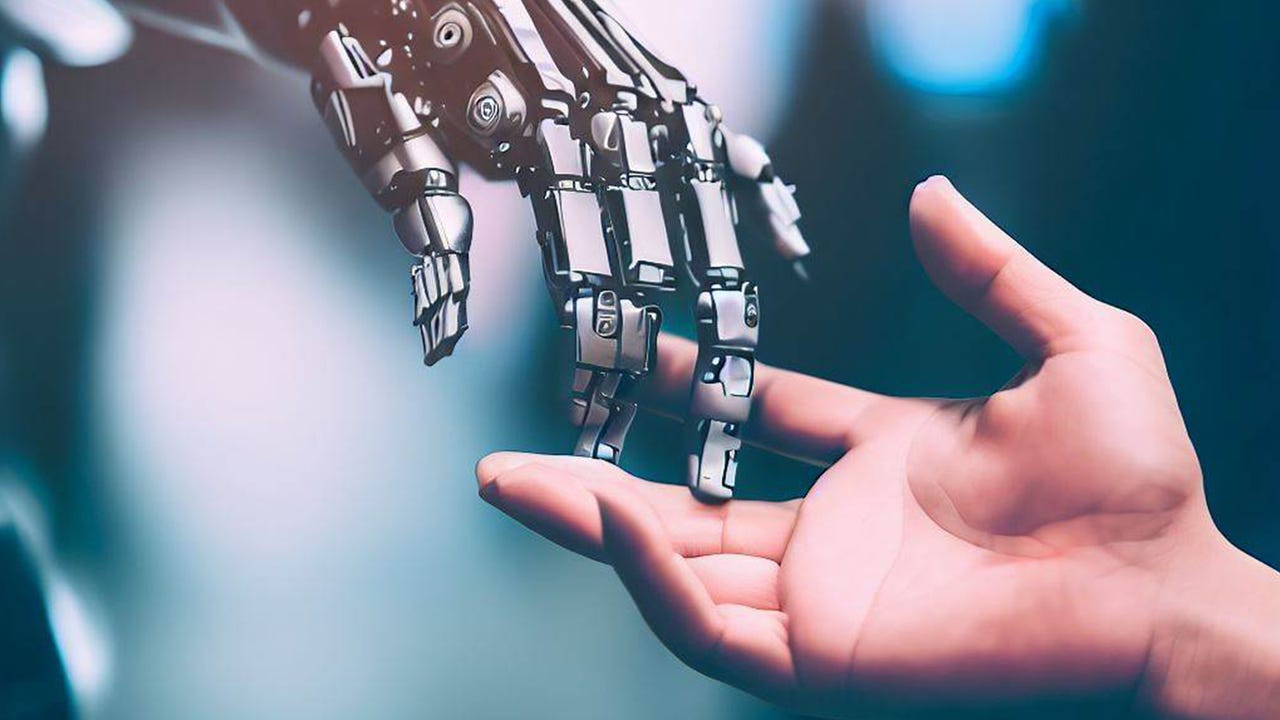Artificial Intelligence (AI) and its potential impact on various industries
Artificial Intelligence (AI) is one of the most exciting and transformative technologies of our time. It refers to the development of computer systems that can perform tasks that would typically require human intelligence, such as perception, reasoning, learning, and decision-making. The potential applications of AI are vast, and its impact on various industries is expected to be significant.
In recent years, AI has made significant progress in various fields, including natural language processing, image and speech recognition, and machine learning. As a result, AI is already being used in many industries to improve efficiency, enhance customer experience, and reduce costs.
One industry that has seen significant advancements in AI is healthcare. AI algorithms are being used to analyze medical images, such as MRI scans, to help detect cancer and other diseases. AI is also being used to develop personalized treatment plans for patients based on their medical history and genetic data. Additionally, AI-powered chatbots are being used to provide patients with 24/7 access to medical advice and support.
Another industry that is experiencing the impact of AI is finance. AI algorithms are being used to analyze vast amounts of financial data and make predictions about future market trends. This information is then used to inform investment decisions and portfolio management strategies. AI is also being used to detect fraudulent transactions and to automate back-office tasks, such as data entry and customer support.
Retail is another industry that is leveraging the power of AI. AI-powered chatbots are being used to improve customer service and provide personalized recommendations based on customers’ browsing and purchase history. AI algorithms are also being used to optimize inventory management and to develop targeted marketing campaigns based on customer data.
Manufacturing is another industry that is seeing significant benefits from AI. AI-powered robots are being used to automate repetitive tasks on assembly lines, improving efficiency and reducing costs. AI algorithms are also being used to optimize supply chain management, predicting demand, and optimizing production schedules.
Transportation is another industry that is being transformed by AI. AI algorithms are being used to optimize logistics and delivery routes, reducing transportation costs and improving delivery times. AI-powered autonomous vehicles are also being developed, which have the potential to revolutionize transportation systems, reduce traffic congestion, and improve road safety.
In conclusion, AI has the potential to transform various industries by improving efficiency, enhancing customer experience, and reducing costs. While the adoption of AI is still in its early stages, its impact on various industries is expected to be significant in the coming years. As more organizations recognize the potential of AI, we can expect to see more investment and innovation in this field, leading to further advancements and breakthroughs. However, it is also important to consider the ethical implications of AI and ensure that its development is guided by ethical principles that prioritize the well-being of individuals and society as a whole.

- AI can help improve productivity and reduce costs by automating repetitive tasks and optimizing business processes. This can result in significant time and cost savings, allowing organizations to focus on more strategic tasks.
- AI can help businesses better understand their customers and provide more personalized experiences. This can lead to increased customer loyalty and satisfaction, ultimately driving revenue growth.
- AI can help organizations make better decisions by analyzing vast amounts of data and identifying patterns and trends that would be difficult or impossible for humans to spot.
- While AI has the potential to improve many aspects of our lives, it is important to consider the potential ethical implications of this technology. For example, there are concerns around bias and discrimination in AI algorithms, as well as the potential impact of AI on job displacement and privacy.
- As AI continues to evolve, there will likely be an increasing demand for skilled professionals in this field. This presents an opportunity for individuals to pursue careers in AI and contribute to the development of this transformative technology.
Overall, AI has the potential to transform various industries by improving efficiency, enhancing customer experience, and reducing costs. However, it is important to approach the development and implementation of AI with care, ensuring that ethical considerations are taken into account and that the benefits of this technology are distributed fairly and equitably.
